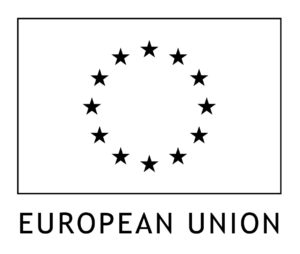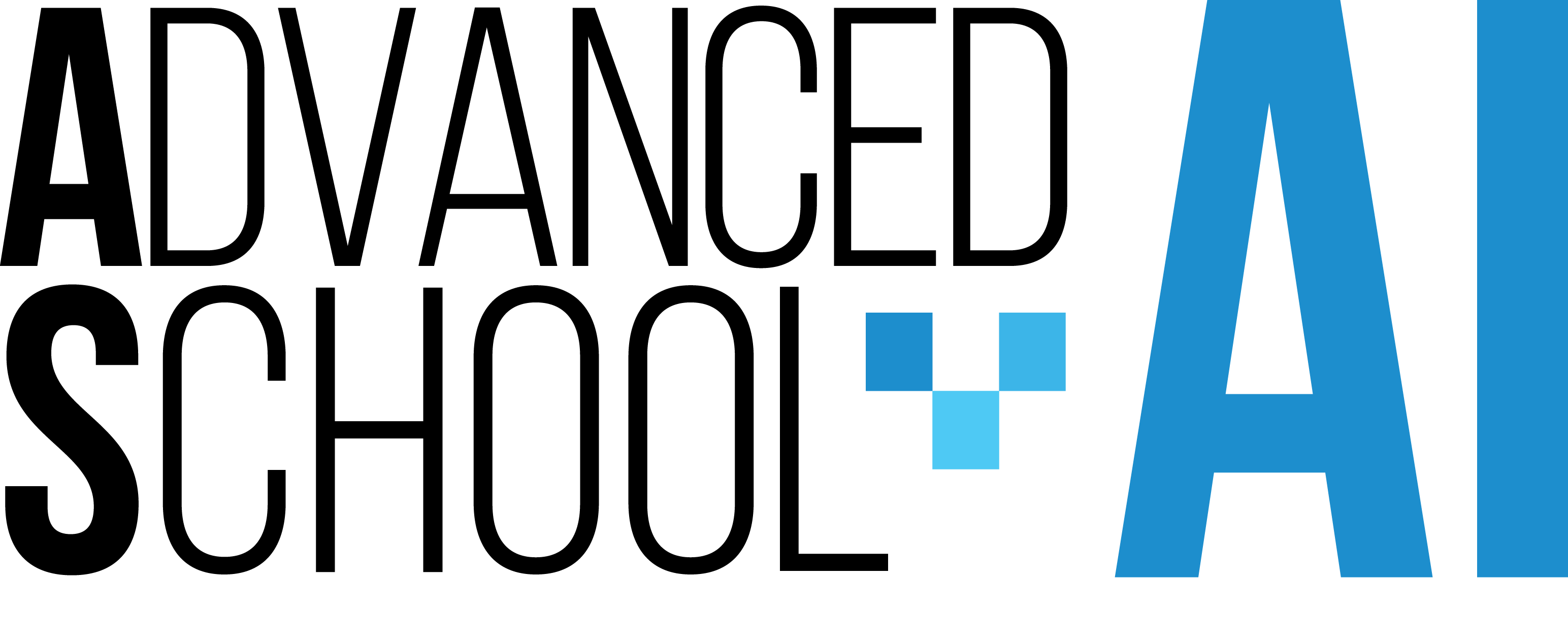Resources
This web page collects some relevant documents produced by international, European, and Italian public bodies on the strategies and relevant issues related to Artificial Intelligence.

Proposals for an Italian strategy for artificial intelligence – 82 Proposals of the Group of Experts appointed by the Ministry for Economic Development (MISE): the Italian response to the EU Coordinated Plan- COM 2018/795 (see below) – updates here
AI at the service of citizens – The firts White Paper produced by the Task Force on Artificial Intelligence of the Agency for Digital Italy – AGID – ia.italia.it
Laboratorio Nazionale di Artificial Intelligence and Intelligent Systems (AIIS)– An interdisciplinary network of 56 Departments created by CINI (National Interuniversity Consortium for Informatics) to develop common objectives between public institutions, Italian industry and the scientific research of Universities and national Research centers.
Itali-IA – First CINI National Conference on AI – The first national conference on AI organized by the AIIS-CINI Laboratory: a state of art of the research in the different fields of AI in Italy.
Italian Artificial Intelligence Ecosystem – A map of the Italian producers and users of AI solutions (startups, companies, public and private research entities, Public Administrations, etc.), to facilitate the construction of relationships, the sharing of knowledge, and allow Italy to have the size of its strengths in the field of AI.
AI Forum Intelligenza artificiale per le imprese – The most significant system and event dedicated to Artificial Intelligence solutions for businesses, promoted by AIxIA, Italian Association for Artificial Intelligence

COM(2018) 237 Communication on Artificial Intelligence – EU strategy and approach to AI: three pillars, to boost EU industrial capacity and AI uptake across the economy; prepare for socio-economic changes; ensure ethical and legal frameworks. With planned coordinated complementary investment effort up to 20 billion per year by 2020.
COM(2018) 795 Coordinated Plan on AI with ANNEX – Synergies and joint actions of Members States to be reviewed and updated on an annual basis; four key areas: increasing investment through private-public partnership, making more data available, fostering talent and ensuring trust.
COM(2020) 65 On Artificial Intelligence – A European approach to excellence and trust – With the White Paper and the accompanying Report on the safety and liability framework, the Commission launches a broad consultation of Member States civil society, industry and academics, of concrete proposals for a European approach to AI.
AIHLEG_Ethics Guidelines for Trustworthy AI – The framework set 4 Principles, 7 Key Requirements via technical and non-technical Methods, plus an Assessment List to operationalize the key requirements and tailor these to the specific AI applications.
GROW_Rolling_Plan_for ICT Standardization 2019 – The Rolling Plan for ICT standardisation provides a unique bridge between EU policies and standardisation activities in the field of information and communication technologies (ICT). The new chapter on Artificial intelligence was added in the 2019 edition.
EU National_strategies_on_artificial_intelligence – Technical Report of AI Watch, the European Commission knowledge service to monitorthe development, uptake and impact of Artificial Intelligence for Europe.
European AI Landscape Report – An initial snapshot of the European AI landscape, pronoted by EurAI, the European Artificial Intelligence Association
CLAIRE pan-European Confederation of Laboratories for AI Research in EU – 381 labs and institutions and over 21,000 people working in 35 countries work within the Research Network, a focal point for exchange and interaction of researchers at all stages of their careers, across all areas of AI.
The Future of Work ? Work of the future! – Report published by the European Commission on how AI, robotics and automation are transforming jobs and the eeconomy in Europe.

UNICRI Centre for Artificial Intelligence and Robotics – Centre on Artificial Intelligence and Robotics within the United Nations system, to enhance understanding of the risk-benefit duality of Artificial Intelligence and Robotics through improved coordination, knowledge collection and dissemination, awareness-raising and outreach activities.
OECD Recommendation on Artificial Intelligence – The first intergovernmental standard on AI, pointing five values-based principles for the responsible deployment of AI and five recommendations for international co-operation and policy: a guide for designing and running AI systems in a way that puts people’s best interests first and ensuring that AI system designers and operators are held accountable for their proper functioning.
G20 Statement on Trade and Digital Economy – It prefigures the model of society 5.0 as a human-centered future society and contains the G20 AI Principles Annex drawn from the OECD principles and recommendations.
OECD AI Policy Observatory – Data and multi-disciplinary analysis on trends and policies in Artificial Intelligence inaround 60 countries as a tool of the new Global Partnership in AI (GPAI)
ISO Standardization in the Area of Artificial Intelligence – With 13 current projects under development and 6 working groups, the International Organization for Standardization ‘s program of work to design standards for the entire AI eco-system.
WIPO_Technology Trends_Artificial Intelligence – Based on a detailed study of AI patents the study, issued by the World Intellectual Property Organization, offers unique insights into trends in AI techniques (i.e., the different approaches used in AI, such as machine learning and fuzzy logic), AI functional applications (such as natural language processing, speech
processing and computer vision) and AI application fields (i.e., those industries and other sectors in which AI innovation is being put into practice).
WEF_National_AI_Strategy – The framework provides a way to create a “minimum viable” AI strategy for a nation, to understanding how AI and related technology developments can be used to achieve national goals and
how their associated risks can be minimized.
